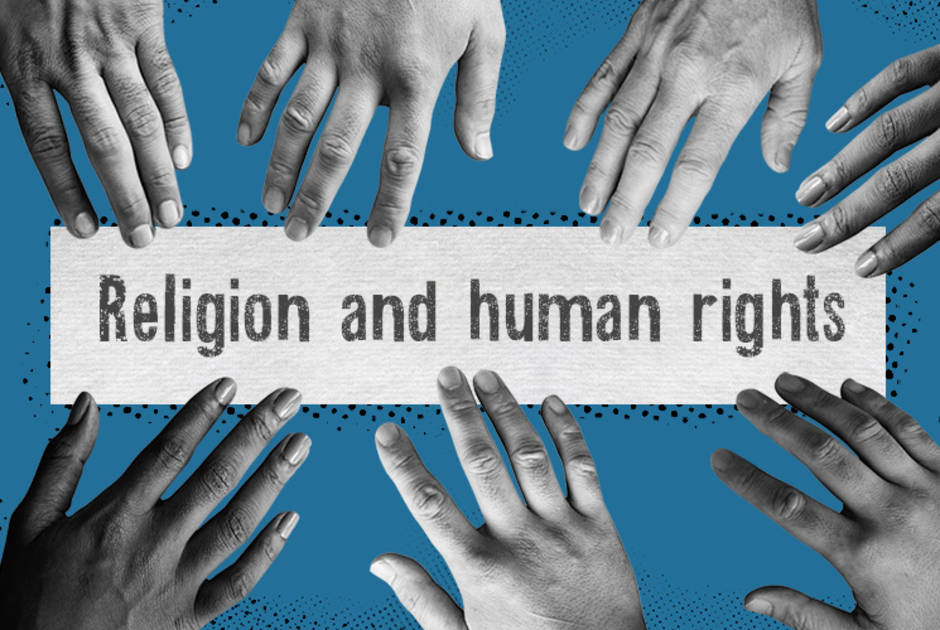Can individuals truly separate their religious beliefs from their political opinions? Is it appropriate for religious views to influence politics and laws that everyone in a nation, irrespective of their faith, must adhere to? Certainly, people should be able to make decisions based on their religious convictions, but what happens when someone else’s religious beliefs differ? The intersection of religion, politics, and human rights raises important questions.
The Bishop of the Diocese of Tilarán recently expressed his frustration with the idea that religion and politics should not mix, calling it “nonsense.” Furthermore, he asserted that those advocating for a secular state are misinformed.
In instances where abortion is considered due to the mother’s life being at risk, the bishop questioned whether he should obey God or a politician. Perhaps the bishop need not concern himself with obedience to either party, as he is not the one facing a life-threatening situation. Instead, the politician might consider allowing the woman to make her own decision, guided by her religious beliefs, political views, or medical advice.
Critics argue that the union between the Catholic Church and the Costa Rican State aims to impose faith in a manner similar to the Taliban in the East. However, the bishop firmly denies such allegations.
By exploring the complex relationship between religious views, political views, and human rights, we can better understand the challenges and nuances involved in navigating these interconnected aspects of society.

